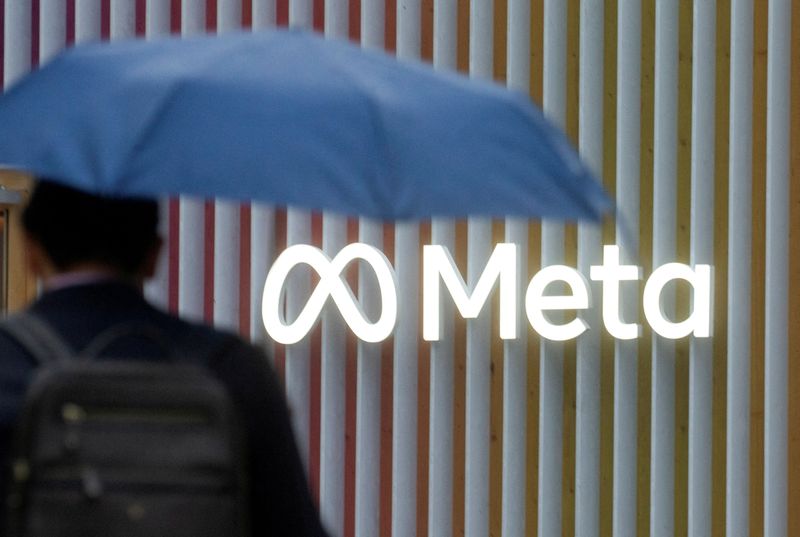Intel stock spikes after report of possible US government stake
Investing.com -- Wells Fargo analysts said in a note Monday that they see Meta (NASDAQ:META) and Google (NASDAQ:GOOGL) as the most unfavorably positioned internet stocks following President Trump’s executive orders imposing 25% tariffs on Mexican and most Canadian imports and 10% on goods from China.
The orders also suspend the Section 321 customs de minimis exemption, which has allowed low-cost imports under $800 to enter the U.S. tariff-free.
The analysts believe that Temu, Shein, and other cross-border merchants had already begun near-shoring goods in anticipation of de minimis threats, but tariffs on Mexico and Canada now increase costs even for those goods.
As a result, "higher prices to American consumers for low-cost cross-border goods" are expected.
Amazon (NASDAQ:AMZN) and Etsy (NASDAQ:ETSY) are seen as the most favorably positioned due to reduced competition from Chinese cross-border sellers.
"Closing Section 321 narrows pricing gap; [we] believe ETSY and AMZN are most favorably positioned," the note states.
Analysts estimate that Temu, Shein, and TikTok Shop will account for $78 billion in U.S. e-commerce sales in 2025, a 40% year-over-year increase, with a 6% U.S. market share.
For Etsy, lower competition could improve marketing efficiency. Analysts estimate that a return to customer acquisition costs seen in Q3 2022 could drive ~20% accretion to 2025 EBITDA.
Meanwhile, Amazon could benefit from higher average order values (AOVs), which are estimated to be ~40bps accretive to 2025 operating income margins.
However, Meta and Google are "most exposed to cross-border e-commerce trends," with analysts estimating that 11% of Meta’s ad revenue and 7% of Google’s search revenue comes from China-based advertisers.
While Meta’s exposure may be limited due to shifting ad spend, Wells Fargo (NYSE:WFC) sees a material impact from the tariff-driven changes in cross-border commerce.
